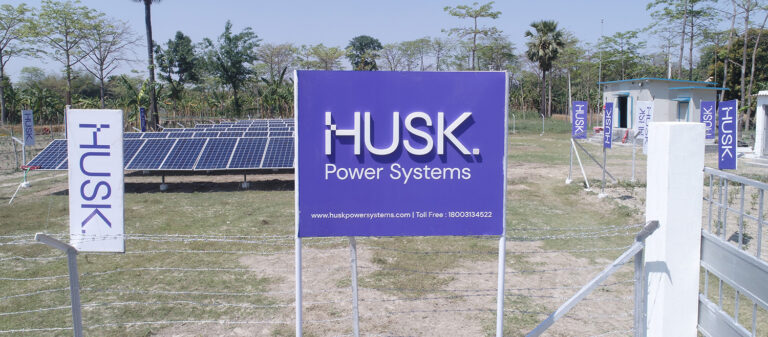Nigeria is reshaping the future of renewable energy in Africa through a groundbreaking $3.2 million solar mini-grid project that could redefine how developing nations power their economies. Once viewed as too risky by traditional utilities, solar mini-grids are now gaining traction — thanks to the Global Energy Alliance for People and Planet (GEAPP), which provided seed funding and technical expertise to absorb early investment risks.
The pilot, led by solar developer Husk Power with backing from the United Capital Infrastructure Fund, has proven so successful that it’s reshaping regulatory and financial priorities. Nigerian regulators now mandate utilities to include renewable sources in their supply mix. This policy shift has already attracted major international backing — including $127 million from the World Bank to scale the model and an additional $50 million for technologies that boost productivity, such as irrigation systems and cold storage for perishables.
What began as a modest test case is now sparking systemic change, demonstrating how small, strategically supported projects can unlock vast potential. For Nigeria and other developing economies, it signals a turning point: renewable energy is no longer experimental — it’s essential.
The country’s success story offers a template for Africa and the broader Global South, where over 600 million people still lack electricity, according to the UN, and youth populations are growing rapidly. With coordinated policies, local participation, and catalytic funding that mitigates early risks, universal access to clean energy is shifting from dream to reality.
“We take risks where markets are stuck, we embed data and technical expertise to prove what works, and we design with governments and communities so that successful pilots can scale into systems change,” said Tulika Narayan, Chief Impact Officer at GEAPP. “Our work in Nigeria shows how relatively modest sums of capital can be catalytic if structured well and deployed in concert with partners.”
Across Africa, GEAPP has invested $4.2 billion in 49 clean energy projects, aiming to connect 31 million people to electricity, create over 727,000 jobs, and cut 88 million tons of CO₂ emissions. These efforts align with Mission 300, a joint initiative by the World Bank and the African Development Bank to bring power to 300 million Africans by 2030.
Nigeria’s journey proves that with the right mix of innovation, policy alignment, and inclusive partnerships, small-scale projects can spark large-scale transformation — lighting the path for a sustainable energy future across emerging markets.

